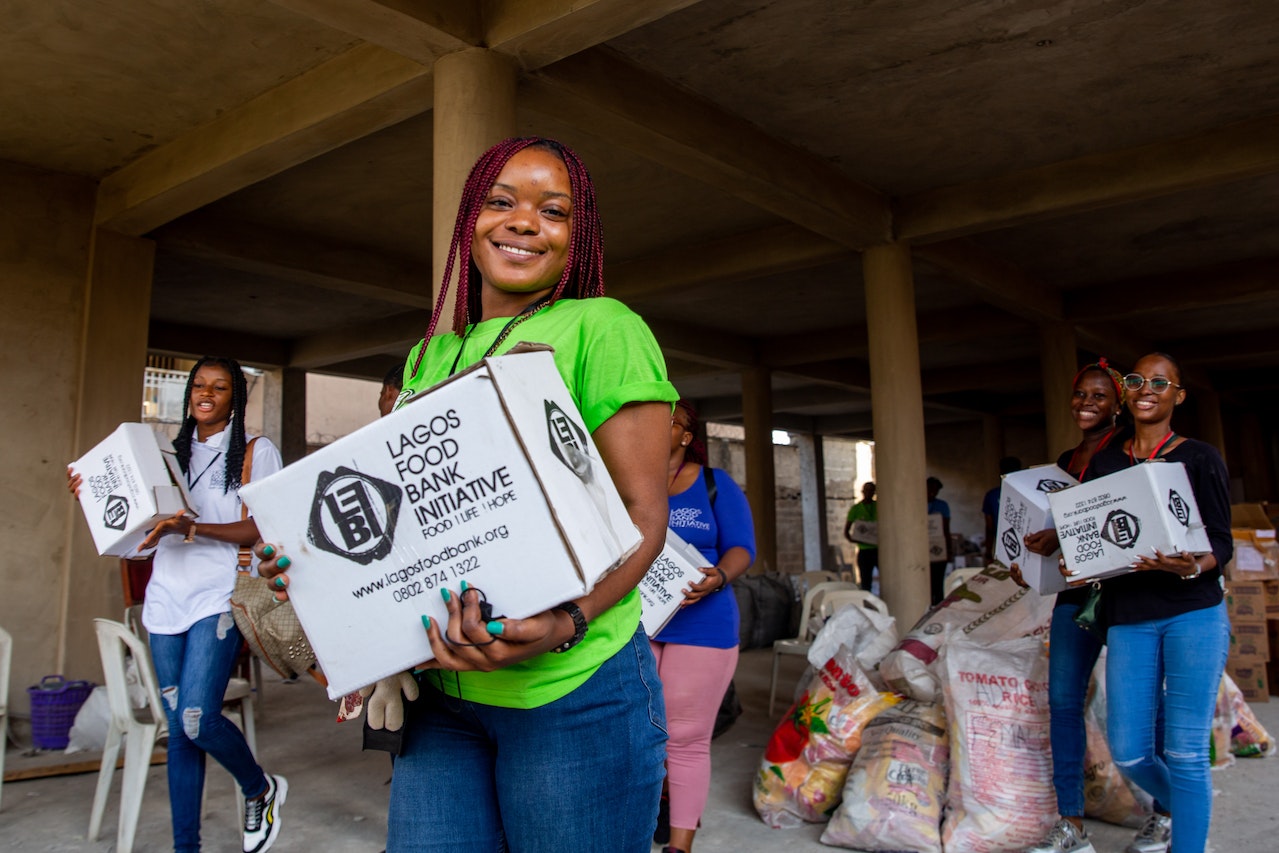Helping Others Can Help You Cope with Lockdown
Almost 2 years ago, the coronavirus pandemic came to our world and was one of the strongest tests in decades. Fear of the unknown disease during the first wave was replaced by fear of the morbidity and mortality statistics in the second wave, and ahead, according to various estimates, another year or two years of epidemics until COVID-19 becomes a regular disease like the flu. How to stop being afraid, where to look for resources to keep from going crazy in isolation, and what the pandemic has yet to teach us we will discuss today. I will also talk about why it is so important to help others to get through this difficult time.

The Current Situation
Now there is already a feeling that we have begun to adapt to what is happening, to perceive many things more calmly. There is less anxiety associated with the uncertainty of the situation. We can’t say that it has completely disappeared – it won’t, because the disease is present, people are getting sick, the figures show up to 30,000 daily diagnoses, and the disease is complicated. At the same time, we have begun to perceive the covid and what is associated with it as part of reality with which we must learn to somehow be and somehow cope.
Objective information plays an important role here: what research there is on the subject, how understanding of the causes of the disease, how to treat it, recovery processes, and so on, is progressing. There are those who have had the disease, and they tell their stories and share their real experiences. This is also important.
The scariest fear is the unnamed one. It’s as if the fear got its name, and it may not be completely clear exactly how to defeat the virus, but at least an idea is being formed – it’s not something big and global that’s bound to kill us all. It’s just a complex, difficult problem to solve.
Does the Attitude Toward the Situation Change?
I can say for sure that attitudes can change either one way or the other. For example, a person first took the position “this is all bullshit, someone wants to make a profit selling masks and antiseptics, there is no covid, we will get over the disease, and it won’t be noticeable,” and then got sick himself, found himself in the “red zone” and from there wrote: “Guys, this is really scary, this is not the flu, I feel worse” – this is one way.

On the other side – a person panicked, scared straight, but at the same time sick some of his relatives. Here two things happen. First – if I am responsible for this person, I do not have time to panic, I start taking care of the other person. After I realize that I have taken care of him, and he has gone through everything in front of my eyes, there is no reason to panic further. I understand that this is something I can live with. It is not easy, but I understand that it will not kill or destroy me. Then the person calms down and says, “Yes, this is the objective reality of our life, it’s hard, it’s not easy, but I can handle it. Attitude ultimately depends on the experience we have.
It can happen, it has a psychological basis. When a person is under stress for a long time and still cannot cope with it, then a huge amount of energy is spent, and the normal psyche “pulls the stop-cock”. The resources to be angry, to be afraid, to struggle run out. If I could not cope with panic, the psyche starts to take care of me, and I start to sink into a state of apathy, disconnecting from the ability to react violently to external stimuli.
Why Is It Important to Help Others?
Every person at least once in his life finds himself in a difficult situation, when his own strength is not enough to cope with the trials. In this case a person desperately needs support and help, no matter whether from close friends or strangers. Any person must understand this and help those who find themselves in a critical situation, because one day they will need help as well. A person who learns of another person’s problems becomes faced with a moral choice: help him, sacrificing his own strength, time, money or other expenses, or leave him to cope with his problems alone. One who decides to help a person chooses the right path-the path of morality. Helping others makes them happy, increases the amount of good in the world, and improves one’s own mood.
Recent events have shown once again how important it is for people to be able to act together. The pandemic, which took the whole world by surprise, was a situation in which many things, both good and bad, escalated. Many people have taken it upon themselves privately to bring food to elderly neighbors. Notices appeared in social networking groups and on porches offering help. Video of baskets on a rope, in which people trapped in self-isolation picked up food brought by others, went viral on all messengers and social networks. Charities were working hard to help those in need.
Real help is not necessarily a lot of hype or exorbitant self-sacrifice. It is precisely our large number of people who can make a small contribution bring a tangible result.
That’s It!
Based on all of the above, we can conclude that when one is faced with the moral choice of helping or not helping another person, one should always strive to help other people, whether one knows them or not, regardless of the social status of the person who needs help.










